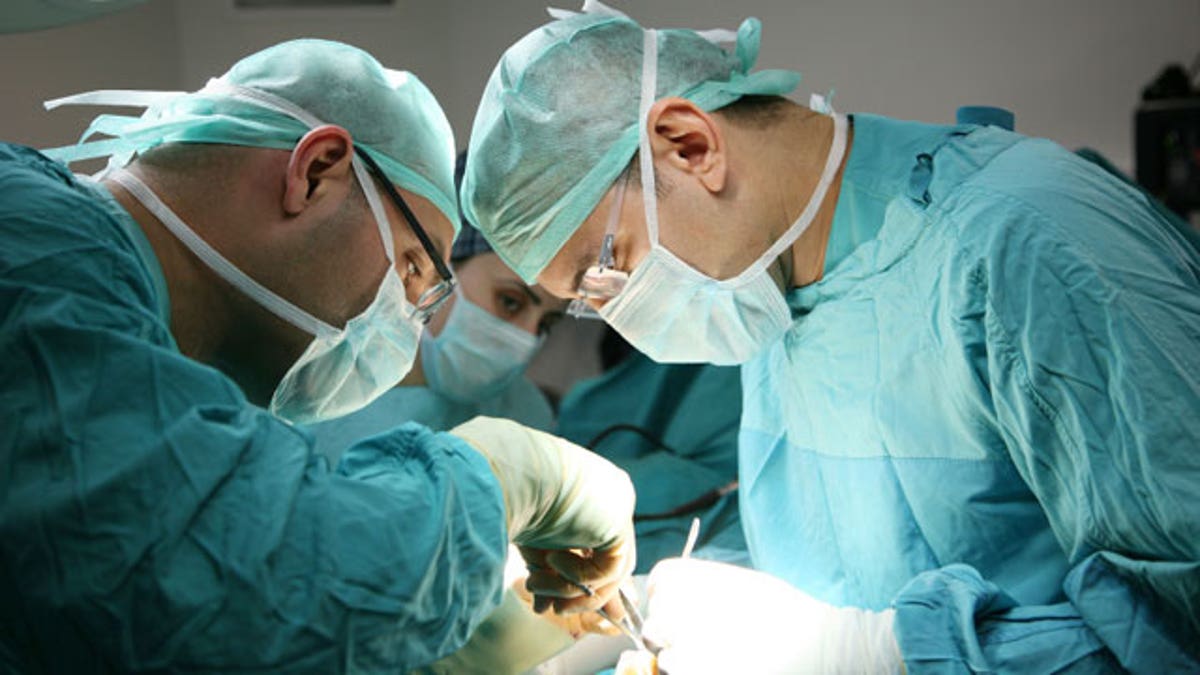
(iStock)
The United Network for Organ Sharing (UNOS) – the nation’s organ-transplant network – is considering a change in its policy by giving younger, healthier patients preference versus older, sicker people, The Washington Post reported.
Currently, UNOS gives kidneys, which is the most sought-after organ, to patients who have been on the waiting list the longest amount of time, but a new policy would match recipients and organs based on age and health.
“We’re trying to best utilize the gift of the donated organ, said Kenneth Andreoni, an associate professor of surgery at Ohio State University, who chairs the committee that is reviewing the system for UNOS, which is a non-profit based in Richmond, Va. “It’s an effort to get the most out of a scarce resource.”
The possible changes are being welcomed by some bioethicists and transplant surgeons; however, others worry it would distort the pool of existing organs by modifying the model of people who make living donations. It could also discriminate against middle-aged or elderly patients.
“The best kidneys are from young adults under age 35 years. Nobody over the age of 50 will ever see one of those," said Lainie Friedman Ross, a University of Chicago bioethicist and physician. "There are a lot of people in their 50s and 60s who, with a properly functioning kidney, could have 20 or more years of life. We're making it harder for them to get a kidney that will function for that length of time. It's age discrimination."
There are more than 110,000 Americans on the transplant waiting list. Of those, 87,000 need kidneys – and each year, only 17,000 Americans get a kidney transplant. More than 4,600 people die because they did not receive a kidney in enough time.
The public can send in their comments to UNOS until April 1. A decision could be made by June 2012.
Click here to read more on this story from the Washington Post.








































